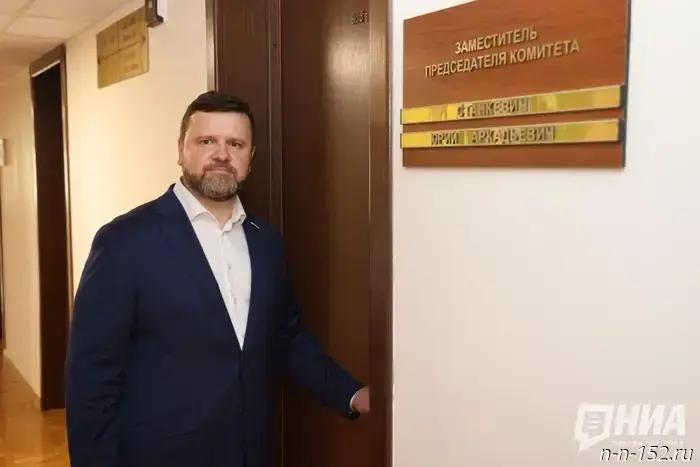
Yuri Stankevich: "Worked — left." It is exactly this approach to attracting migrants to Russia that our citizens demand.
23 September 2025 16:26 Politics
At a meeting of parliamentary faction leaders with Russian President Vladimir Putin, migration policy issues were once again discussed. Possible federal-level solutions were outlined by State Duma deputy from Nizhny Novgorod Oblast Yuri Stankevich.
According to him, more than twenty federal laws on migration were adopted in 2024–2025 at the initiative of deputies. Their main goal is to strengthen control over the stay in Russia of foreigners whose services are in demand in construction, housing and communal services, agriculture and other sectors of the economy.
"The amendments have sharply tightened criminal liability for organizing illegal migration, a registry of controlled persons has been created, the procedure for expulsion in case of offenses has been simplified, and oversight of Russian language exams has been strengthened," the parliamentarian noted.
Stankevich emphasized that citizens' discontent is linked not so much to the use of migrant labor itself as to migrants' unwillingness to assimilate, their disregard for norms of public behavior and the formation of ethnic enclaves in large cities.
"It is quite logical that the next step in restoring order should be a ban on the arrival of family members of migrants who have temporary work permits," the deputy added.
He noted that so far the government has not presented to the State Duma its vision of the so‑called "return migration" model. In his view, the policy can be effective only after a visa regime is established with the countries from which the largest flow of arrivals comes, primarily from Central Asia and the South Caucasus.
"A strict regime for workers' stays, not allowing their family members to be in Russia at the same time, will reduce the burden on healthcare and education and also improve the crime situation," Stankevich said.
Equally important, he added, is conducting a comprehensive assessment of the labor market at the federal level and determining the objective need for foreign labor.
"The economy is changing, new technologies are being introduced, robotization is developing. Attracting migrants is acceptable only when a shortage of personnel is confirmed. One cannot create artificial competition in which it is easier for an employer to invite an arrival for a lower salary," the parliamentarian stressed.
He also proposed taking into account the experience of Nizhny Novgorod Oblast, where the list of economic sectors in which the use of migrant labor is prohibited is adjusted annually.
NIA "Nizhny Novgorod" has a Telegram channel. Subscribe to stay informed of major events, exclusive materials and timely information. Copyright © 1999–2025 NIA "Nizhny Novgorod". When reprinting, a hyperlink to NIA "Nizhny Novgorod" is required. This resource may contain 18+ materials.
Другие Новости Нижнего (Н-Н-152)
 Nizhny Novgorod's Normanochka won the Russian Women's Futsal Super Cup.
Photo: Press Service of PKMF "Torpedo"
In the match for the 2025 Russian Super Cup, which took place at Nizhny Novgorod's Meshchersky Sports and Recreation Complex on September 21, 22.09.2025. Government of the Nizhny Novgorod Region. Nizhny Novgorod Region. Nizhny Novgorod.
Nizhny Novgorod's Normanochka won the Russian Women's Futsal Super Cup.
Photo: Press Service of PKMF "Torpedo"
In the match for the 2025 Russian Super Cup, which took place at Nizhny Novgorod's Meshchersky Sports and Recreation Complex on September 21, 22.09.2025. Government of the Nizhny Novgorod Region. Nizhny Novgorod Region. Nizhny Novgorod.
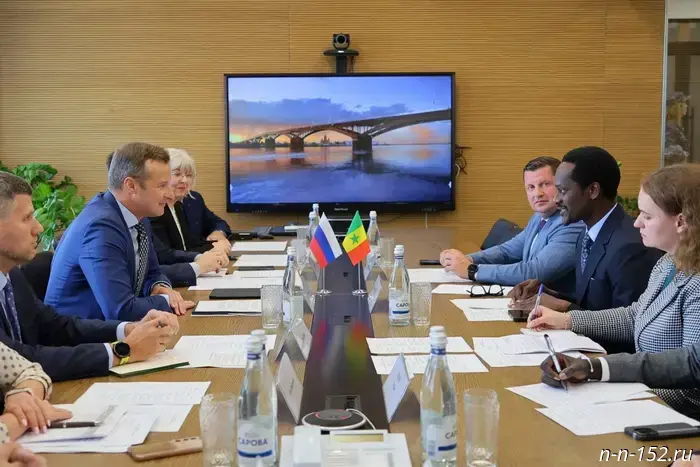 Dmitry Starostin and Stefan Sambu discussed prospects for the development of cooperation between Nizhny Novgorod Oblast and the Republic of Senegal.
Deputy Chairman of the Government of the Nizhny Novgorod Region Dmitry Starostin discussed prospects for the development of bilateral relations with a delegation from the Republic of Senegal led by the country’s Extraordinary and Plenipotentiary Ambassador Stefa. 23.09.2025. Nizhegorodskaya Pravda. Nizhny Novgorod Region. Nizhny Novgorod.
Dmitry Starostin and Stefan Sambu discussed prospects for the development of cooperation between Nizhny Novgorod Oblast and the Republic of Senegal.
Deputy Chairman of the Government of the Nizhny Novgorod Region Dmitry Starostin discussed prospects for the development of bilateral relations with a delegation from the Republic of Senegal led by the country’s Extraordinary and Plenipotentiary Ambassador Stefa. 23.09.2025. Nizhegorodskaya Pravda. Nizhny Novgorod Region. Nizhny Novgorod.
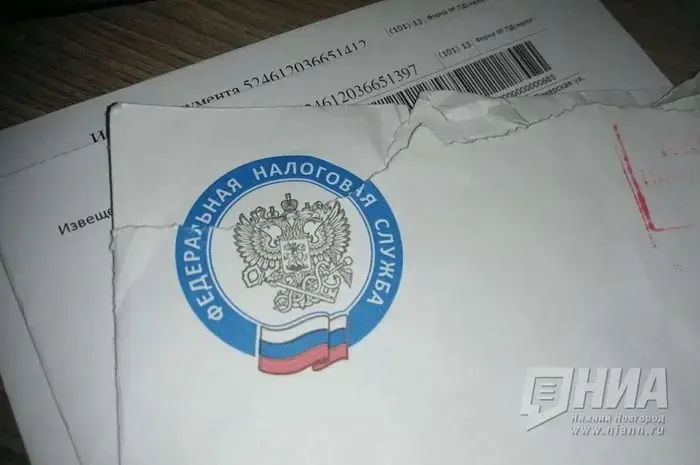 Residents of Nizhny Novgorod have begun receiving tax notices for 2024.
Residents of Nizhny Novgorod have begun receiving tax notices for 2024.
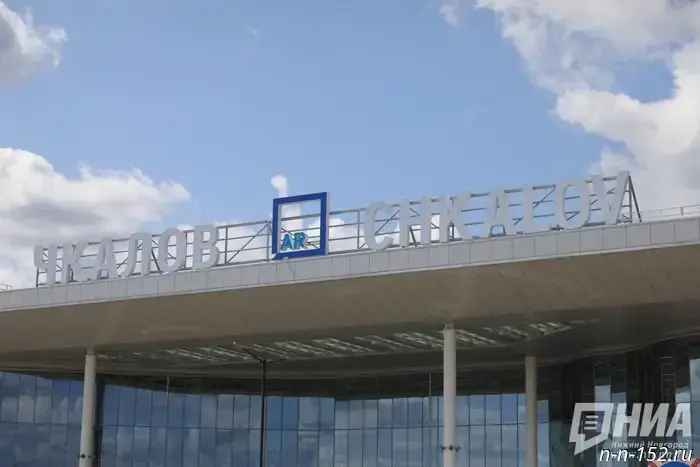 The prosecutor's office is monitoring compliance with passengers' rights at Nizhny Novgorod Airport.
The prosecutor's office is monitoring compliance with passengers' rights at Nizhny Novgorod Airport.
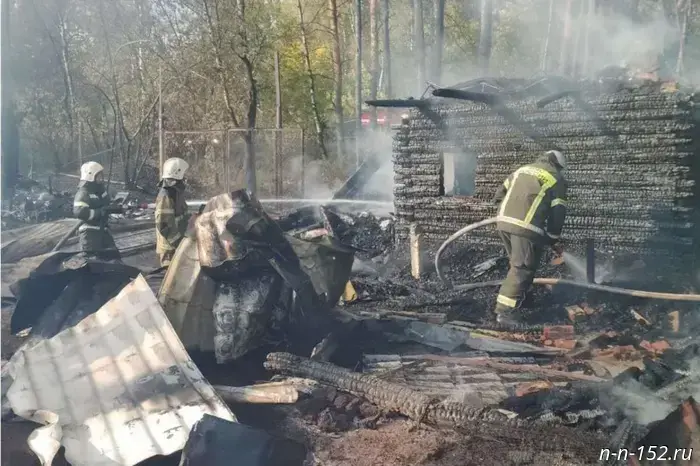 Fire destroyed two houses in an SNT on the Moscow Highway: a man died
Fire destroyed two houses in an SNT on the Moscow Highway: a man died
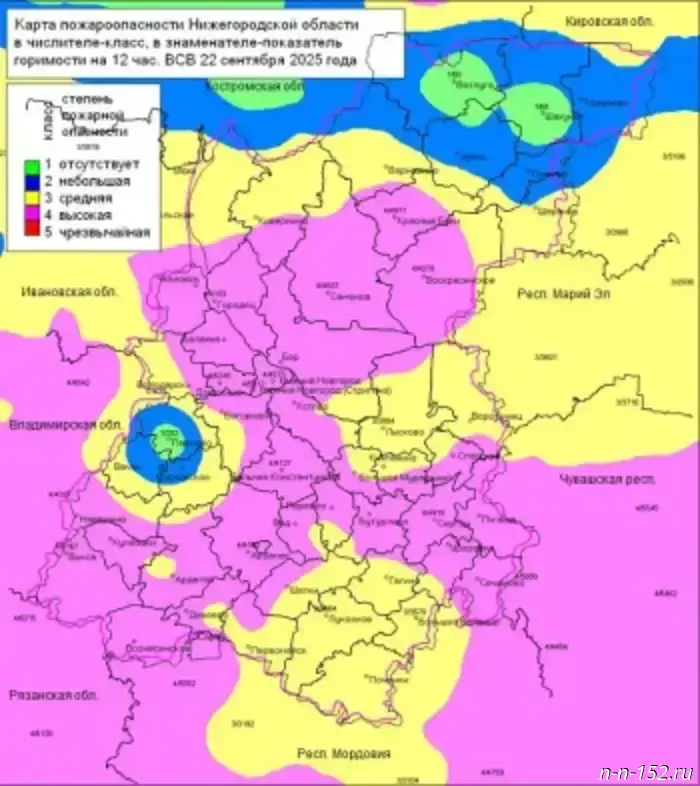 Fire danger on September 22, 2025
According to the Federal State Budgetary Institution "Upper Volga UGMS", on 22.09.2025 a fire hazard class of 3-4, locally 1-2, was in effect in the forests across the region. 22.09.2025. Sechenovsky Municipal District. Nizhny Novgorod Oblast. Sechenovo.
Fire danger on September 22, 2025
According to the Federal State Budgetary Institution "Upper Volga UGMS", on 22.09.2025 a fire hazard class of 3-4, locally 1-2, was in effect in the forests across the region. 22.09.2025. Sechenovsky Municipal District. Nizhny Novgorod Oblast. Sechenovo.
